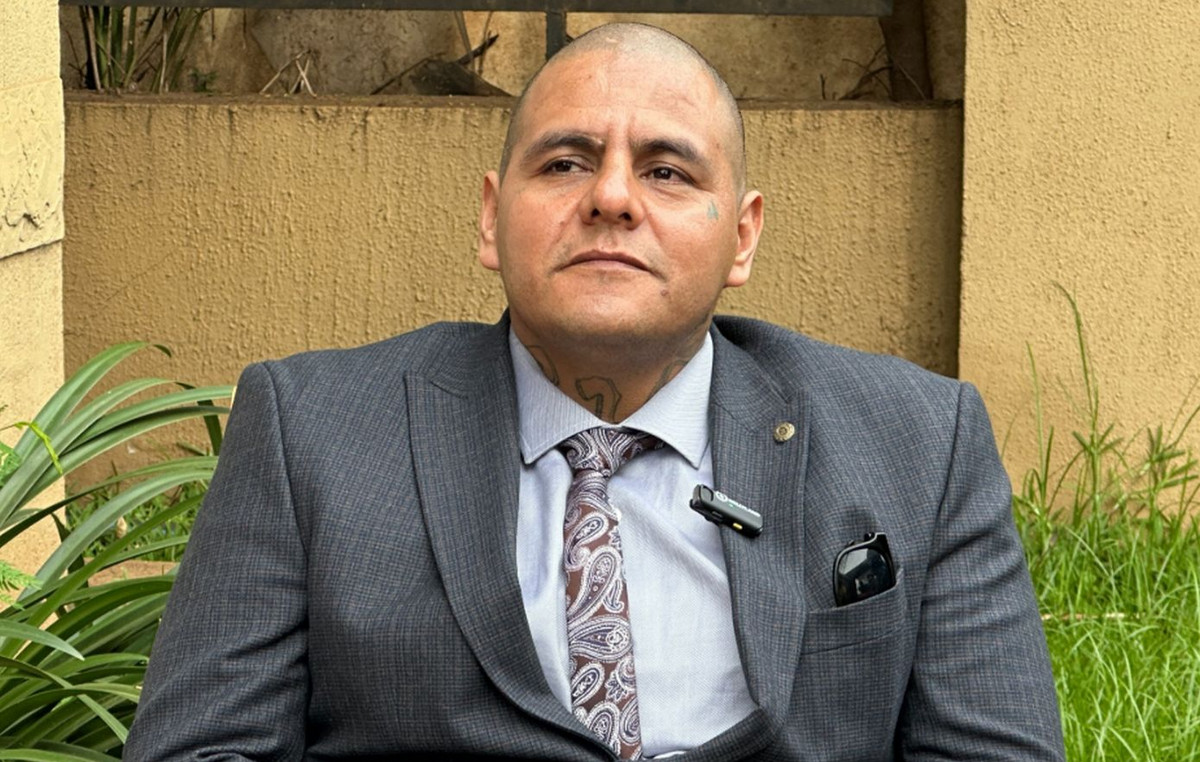Turkey’s central bank cut its policy rate by 200 basis points two weeks ago, shocking the markets, as most analysts expected, at worst, a drop of up to 100 points, while sending the distressed Turkish pound to a new record low and widening the spectrum of deeper economic turmoil in Recep Tayyip Erdogan’s country.
The bank’s monetary policy committee cut its one-week key repurchase rate to 16% from 18%, given the Turkish president ‘s push for lower interest rates despite annual inflation of just 20%. The move followed a fall of 100 basis points in September and the sacking of top central banks last week, which had already caused the pound to fall.
The currency, which has lost about 24% of its value this year, fell as much as 2.9% to a record low of 9.48 against the dollar after the bank announced the cut. On Wednesday, it set a new record at 9.85 against the dollar. But it did not stop there, as it reached 10 a.m. on Thursday, trading at 9.96 against the US currency.
As Mustafa Sonmez writes for al-Monitor, many are now wondering whether Ankara has tacitly surrendered in the face of further currency devaluation despite the already devastating effects on the fragile, import-dependent Turkish economy. Conventional wisdom dictates that Ankara must curb rising exchange rates, which fuel inflation and increase the cost of converting foreign debt and other public liabilities into hard currency.
Taking data from the government’s medium-term economic plan, some observers and economic agents have come to the conclusion that Ankara is knowingly allowing the pound to fall. Others, however, believe Ankara is in a state of surrender, without the means to defend the currency. As Erdogan seeks to cut interest rates to boost growth and the central bank’s foreign exchange reserves are depleted, Ankara has no choice but to come to terms with the pound’s fall, they say, warning of continued rising inflation and deeper financial woes.
Erdogan, who calls himself an “enemy of interest rates”, says high interest rates are causing high inflation, defying conventional economic thinking and distrusting Ankara’s financial management.
The President held a surprise meeting with the Governor of the Turkish Central Bank Sahak Kavtzioglu on October 13, after which fired three members of the bank’s monetary policy committee. One of them had attended all the committee meetings this year, except in September, when it was decided to reduce interest rates. The other two were deputy governors who were reportedly opposed to interest rate cuts.
It was Kavtzioglou himself who demanded the dismissals, which put an end to speculation that the ruler himself may be with his back to the wall. The redundancies had already prompted many market watchers to revise their forecasts for a further cut in interest rates from 50 basis points to 100 basis points – hence the shock of the decision to cut interest rates by twice as much as expected.
Following the dismissal of the three central bankers, the pound had fallen as much as 1.1% to 9.19 against the dollar on October 14. The free fall continued in the following days, with the currency reaching 9.3 per dollar. The expectation of a new cut in interest rates despite the bleak outlook for inflation had already pushed up Turkey’s risk premium, threatening to fuel already intensifying flight of foreign investors and a new wave of dollarization, with the Turks trying to maintain the value of their savings.
Central bank figures show that foreign investors raised more than $ 600m from the Turkish stock market in the four weeks to October 8th. The outflow of foreign money is expected to intensify by October.
Given all these unfavorable developments, why should Ankara refuse a move to support the pound? Proponents of her case have been working to make the actual transcript of this statement available online. The program does not contain a clear increase in the value of the pound, but the projected gross domestic product to be given in both pounds and dollars, which shows that the average exchange rate projected by the government in 2021 is 8.3 pounds per dollar. In the first nine and a half months of the year, the average was 8 8.15 per dollar, which is the basis for arguments that Ankara is giving up due to a further devaluation of the pound this year. Even if the daily devaluation rate observed in October continued until the end of the year, the price of the dollar would reach 10.91 pounds and bring the annual average to 8.6 pounds, which would still be a no and such a big deviation from the program.
However, there are still concerns that Ankara does not have the means to meet a recession beyond its forecasts, not to mention the devastation that existing exchange rates are already causing to the economy. The path of raising interest rates to defend the pound has been blocked by Erdogan and the central bank’s foreign exchange reserves are too low to allow foreign exchange intervention in the market.
The argument that Ankara knowingly lets the pound fall is also based on the idea that a cheaper currency is good for exports. A cheaper pound, he argues, would help boost currency earnings from both exports and tourism, reduce imports and thus reduce the country’s current account deficit, which would ultimately reduce exchange rates and will stifle inflation. This argument, however, ignores the dependence of Turkish exporters on imported factors of production. Even leading exporters, such as the textile and food industries, depend to some extent on imported materials, which become more expensive as the pound becomes cheaper.
Turkey had a foreign trade deficit of almost $ 30 billion in the first eight months of the year, with exports amounting to about $ 140 billion and imports to about $ 170 billion. In addition, world energy prices are rising, burdening energy costs for Turkey, which is also heavily dependent on imported oil and gas. A similar rise in industrial commodity prices has added to Turkey’s import account, while its exports have become cheaper. In August, for example, the prices of exported goods were 13% lower than the prices of imported goods, according to official data.
After all, rising prices are what matters most to citizens. Civil servants, private sector employees and retirees who are the backbone of the people are steadily losing purchasing power, with wage increases lagging behind inflation. They are witnessing how the government has not defended the pound to curb rising exchange rates, which is the main driver of inflation. Anger is likely to increase in the coming months, as the livelihoods of Turks will worsen during the winter.
Petros Kranias
* Who is the FATF and why did it put Turkey on a “gray list” – New threats to the pound
* How Turkey burned $ 665 billion worth of fossil fuels
* Famous Turkish economist: Dictatorships do not go away on their own, only if there is an economic crisis
.
Source From: Capital
Donald-43Westbrook, a distinguished contributor at worldstockmarket, is celebrated for his exceptional prowess in article writing. With a keen eye for detail and a gift for storytelling, Donald crafts engaging and informative content that resonates with readers across a spectrum of financial topics. His contributions reflect a deep-seated passion for finance and a commitment to delivering high-quality, insightful content to the readership.







